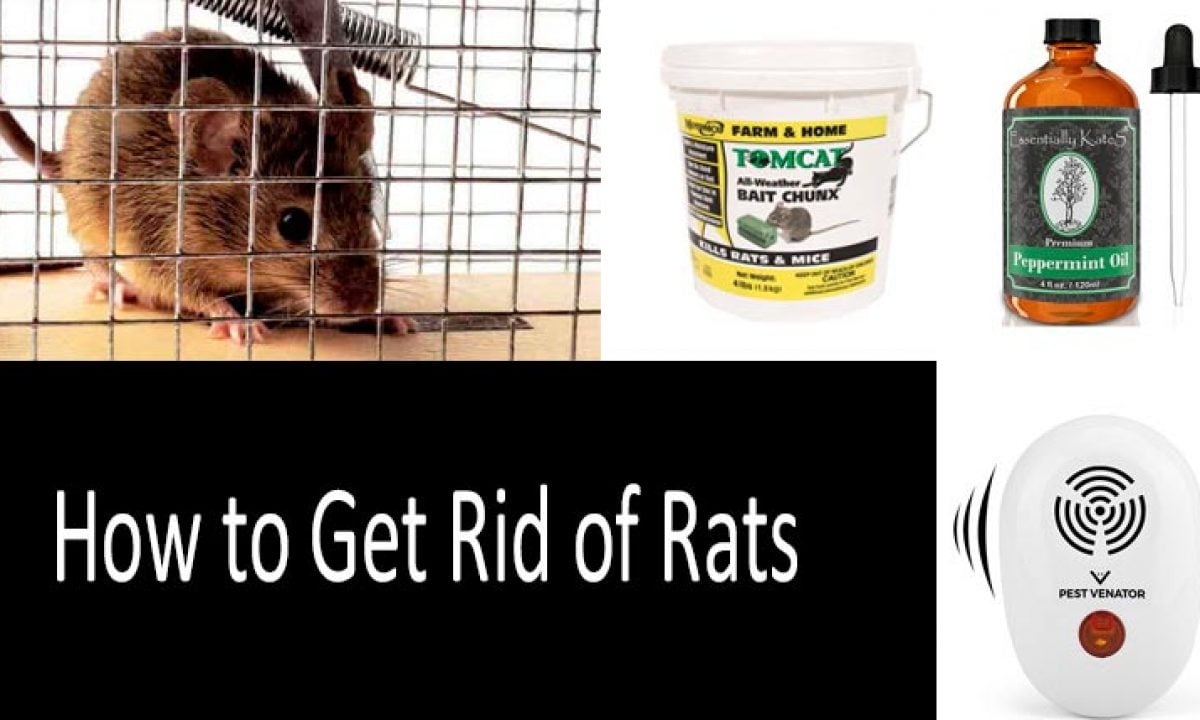

Homeowners also can plant peppermint or other plants that rats dislike, such as daffodils and hyacinths, around the house and yard, Bader said. The key is to get oil of peppermint rather than the alcohol-based peppermint extract found at the supermarket, which would result in “drunk rats running around your property,” he said.Ī negative with peppermint oil: It’s more effective indoors than out, where rain will quickly wash it away. Rodents hate it, said Bader, who has used it to drive rats out of his attic. Put some on cotton balls and place them anywhere you’re having a problem, or put some in a spray bottle with water and spray around the house, said Myles Bader of Port Charlotte, Fla., who wrote a book called “Club the Bugs and Scare the Critters.” One household-pest expert swears by oil of peppermint, available at natural-food stores. The cons include making sure you seal the hole and run away fast enough to escape the fumes yourself, and the possibility that rats will simply move back in after the fumes clear. Rat “bombs” that emit noxious fumes can be stuck down a hole to gas out the rats.

That means dealing with a live rat rather than a dead one. The main con: They are unlikely to kill the rat, unless it is stuck there a long, long time. Glue boards are cheap and meant to literally stop a rat in its tracks. They tend to cost a bit more than some other types of traps. Some kill only one rat at a time, and in that case the box must be emptied before it will work again. They often have an indicator that shows when there is a dead rat inside. There also is a risk that children or pets will get into the poison, or that pets will eat a poisoned rat.Įlectronic boxes that are baited to lure the rat in, then electrocute it, are another option. “With a trap you know where the dead animal is.” “Traps are always recommended because that way you don’t have a poisoned animal getting into someplace inaccessible like a wall void or attic and then causing an odor problem,” Kern said. A poisoned rat could stagger off and die anywhere, however, undetected until it starts to smell. Poison, either boxes of it or bait boxes filled with it, tends to be inexpensive and can kill multiple rats.


 0 kommentar(er)
0 kommentar(er)
